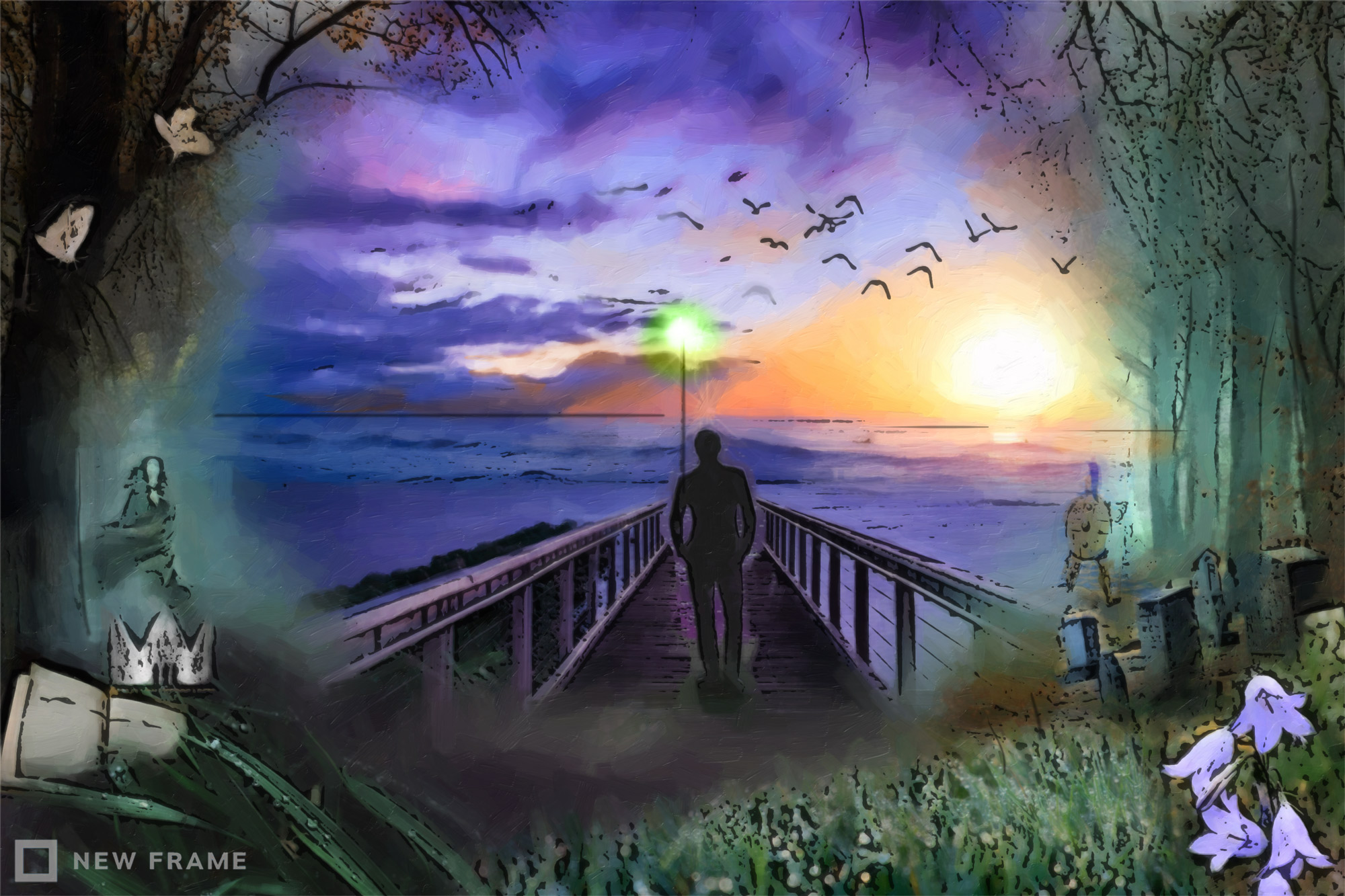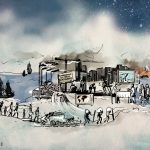Text Messages | Endings, and beginnings
There can be no happy ending to the Covid-19 pandemic. But like the best literature, an ending can provide solace and much to contemplate – and perhaps, a glorious new beginning.
Author:
16 April 2020

The world might well be at the end of what has been dubbed grandiosely the Anthropocene Age. It was a time when humankind had established the biblical promise of dominion over all other life forms on the planet. It was a time of unfettered human “progress”, a time that recognised and placed humankind as the central and most important element in the universe.
Humans, it turns out, were wrong. A new virus, a vastly improved version of its siblings SARS and MERS, has laid bare our vulnerability and our hubris. What tinpot tyrants such as Jair Bolsonaro and Donald Trump like to describe as “a little flu” is killing people in all four corners of the Earth. The masters of the universe need first to check Covid-19 and then learn to live with it for the rest of Time, anthropocene or not.
Related article:
The novel coronavirus has brought an ending to life as humans knew it and a new beginning, filled with the fraught reality that the virus can strike anywhere, at any time, against anyone – privileged or impoverished, evil or good, smart or not. Old ways of human life on the planet are over. The virus means a very long, maybe permanent change to the way that humans live, work, interact – and die.
What begins is protracted uncertainty, death nearer than ever, a sense that all are in the shadow of a terminal disease: life with more death force than life force. But the thing about this new human condition is that the ubiquity and ungovernability of the virus means that there is no happy ending in sight; in government-speak, there is no discernible resolution and no clear-cut exit strategy.
As much as endings – The End – terrify people, they yearn for them nonetheless. There is the old adage “Better an end with horror than horror without end”. The best literature is marked by glorious beginnings and fulfilled endings. The way that the circle from beginning to end is beautifully closed provides much to contemplate and some solace, too. Here are some of the greatest closing lines in literature.
“Gatsby believed in the green light, the orgiastic future that year by year recedes before us. It eluded us then, but that’s no matter – to-morrow we will run faster, stretch out our arms further … And one fine morning –
So we beat on, boats against the current, borne back ceaselessly into the past.” – Nick the narrator in The Great Gatsby by F Scott Fitzgerald
“I lingered around them, under that benign sky: watched the moths fluttering among the heath and harebells; listened to the soft wind breathing through the grass; and wondered how anyone could ever imagine unquiet slumbers for the sleepers in that quiet earth.” – Lockwood in Wuthering Heights by Emily Brontë
“The weight of the sad time we must obey;
Speak what we feel, not what we ought to say.
The oldest hath borne most; we that are young
Shall never see so much nor live so long.”
– Edgar in King Lear by William Shakespeare
“Now small fowls flew screaming over the yet yawning gulf; a sullen white surf beat up against its steep sides; then all collapsed, and the great shroud of the sea rolled on as it rolled five thousand years ago.” – Ishmael, the narrator in Moby-Dick by Herman Melville
“As is the life of the leaves, so is that of men. The wind scatters the leaves to the ground: the vigorous forest puts forth others, and they grow in the spring-season. Soon one generation of men comes and another ceases.” – Glaucos to Tydeus during a pause in battle in Homer’s Iliad, translated by HDF Kitto
“And crawling on the planet’s face, some insects called the human race, lost in time and lost in space … and meaning.” – the criminologist who is the narrator in The Rocky Horror Picture Show, played in the 1975 film by the great English character actor Charles Gray
But let us also consider what it is to make a new beginning:
Dew Light by WS Merwin
Now in the blessed days of more and less
when the news about time is that each day
there is less of it I know none of that
as I walk out through the early garden
only the day and I are here with no
before or after and the dew looks up
without a number or a present age
(From Merwin’s collection of poems, The Moon Before Morning)

